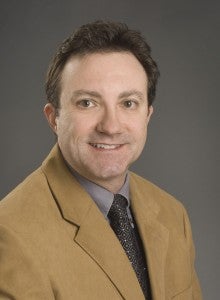
This summer, University Health Services (UHS) and the School of Nursing (SON) joined forces for two summer intensives of the Adult-Gerontology Nurse Practitioner (AGNP) Program. Vince Serio, Director of Medical Services and physician, Sandy Spear, nurse practitioner, Maya Schimpf, nurse practitioner, and Tracy Johnston, nurse practitioner, taught portions of the AGNP Procedures and Health Assessment courses.
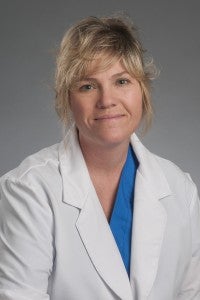
AGNP intensives are distinctly different from the community clinicals, in which the students participate in their local area throughout the year. In a clinical, the students take part in a preceptorship where they are paired with a nurse practitioner or a physician to take care of patients in a clinical setting. The purpose of the clinical is to help further students’ learning with real people. In contrast, the summer intensives are on Boise State’s campus with faculty, standardized patient scenarios, and simulation equipment. The students are able to gain experience in scenarios they are less likely to encounter with real patients, but in a controlled environment. Having UHS nurse practitioners and doctors at the intensives not only allows for more knowledge and experience to be brought to the table, but it also offers a more tangible learning experience for the students. For example, Spear, specializing in women’s health, was able to teach the students how to correctly insert an intrauterine device.
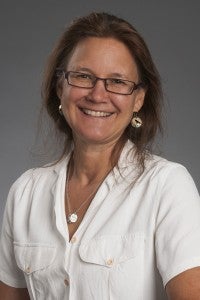
Summer is a slower time for UHS since the majority of students vacate campus for the semester. When UHS made it known to Dawn Weiler, associate professor and program coordinator for the Adult-Gerontology Nurse Practitioner program that they had medical staff who were interested and willing to teach students, Weiler welcomed them with open arms. The School of Nursing agreed that UHS staff practices what their students learn on a daily basis, and that the staff would be great teachers and mentors to the AGNP students. Last year, two UHS nurse practitioners taught in the program and the partnership worked so well that both parties were committed to solidifying the collaboration.
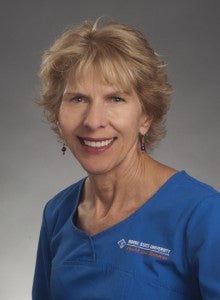
The first cohort to visit campus this summer was comprised of five first year acute care certificate students and 18 second year master’s students in both acute and primary care. The students were given the opportunity to use simulation equipment to practice procedures such as suturing and emergency airway management. They were also exposed to two separate standardized patient simulation scenarios where they performed x-rays, electrocardiograms, and labs; studied abnormal heart rhythms; and presented diagnosis.
The second cohort consisted of 17 first year nurse practitioner students. These students worked with simulation equipment to listen to abnormal heart rhythms and identify potential diagnoses. They were presented with two standardized patient simulations where they gathered patient history, performed an exam, and presented a diagnosis with faculty observation. On the last two days of this intensive, the students performed genital exams with help from Project Prepare, a California based sexual health education program where students perform genital exams on the program’s educators. The students performed exams one-on-one in the comfortable and fully equipped environment that UHS provided. This specific part of the intensive is a great example of the distinct advantage the UHS-SON collaboration provides. When talking to the Project Prepare educators, the faculty learned that the educators are often placed in rooms in the back of warehouses with only a curtain for privacy. Being able to utilize UHS’ examination rooms offered better privacy and more comfort for the Project Prepare educators.
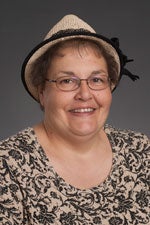
Three more intensives are scheduled for next summer. While the intensives are mandatory and students from across the nation participate in the program, they are planned far in advance and offer the students unique opportunities. Because the students were physically on campus, they were able to take advantage of the simulation center, on-campus labs, and face-to-face instruction. The students provided positive feedback about the intensives saying that it was a good way to build a community of learning.
Collaborations between UHS and SON are easier and robust now that UHS and SON no longer report to separate administrative units. The partnership enhances student education opportunities not only for SON but for other departments and schools, such as the School of Social Work, as UHS provides services such as counseling. UHS shares the goals of the College of Health Sciences, so student expectations and learning objectives are mutual.
Boise State University has a unique opportunity that no other university has, and SON appreciates and is grateful for the opportunities UHS has provided them. There is hope to expand the partnership between UHS and other entities in the College.